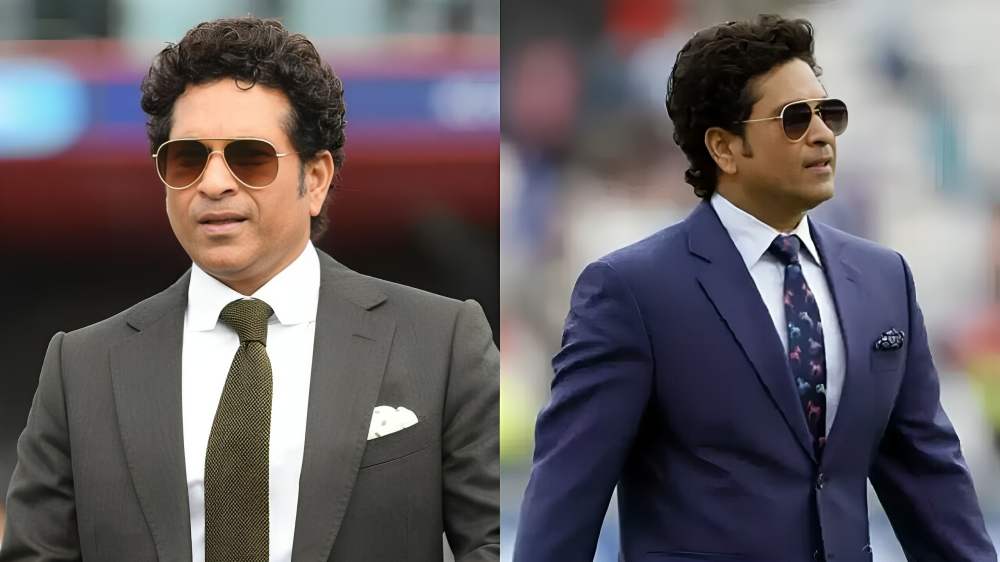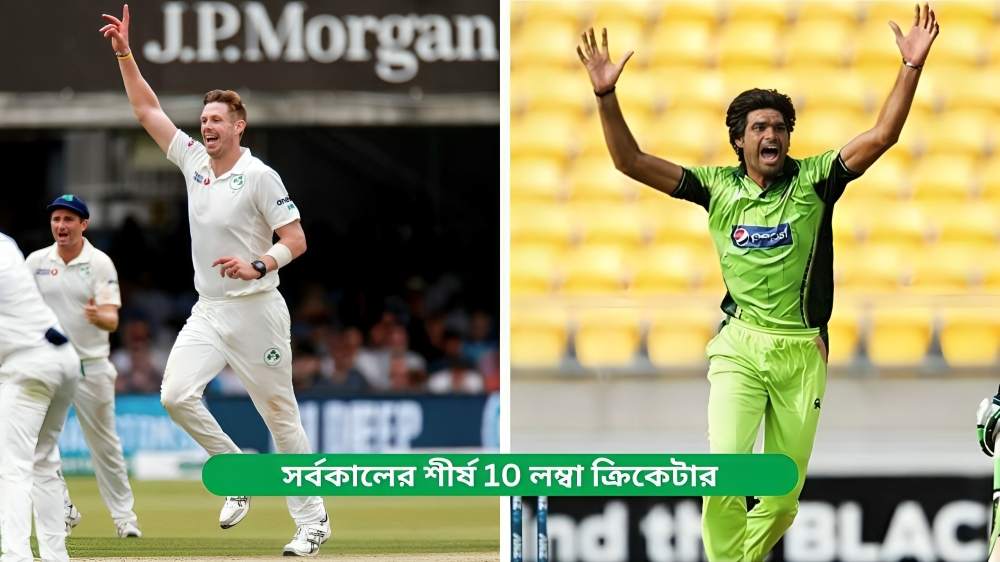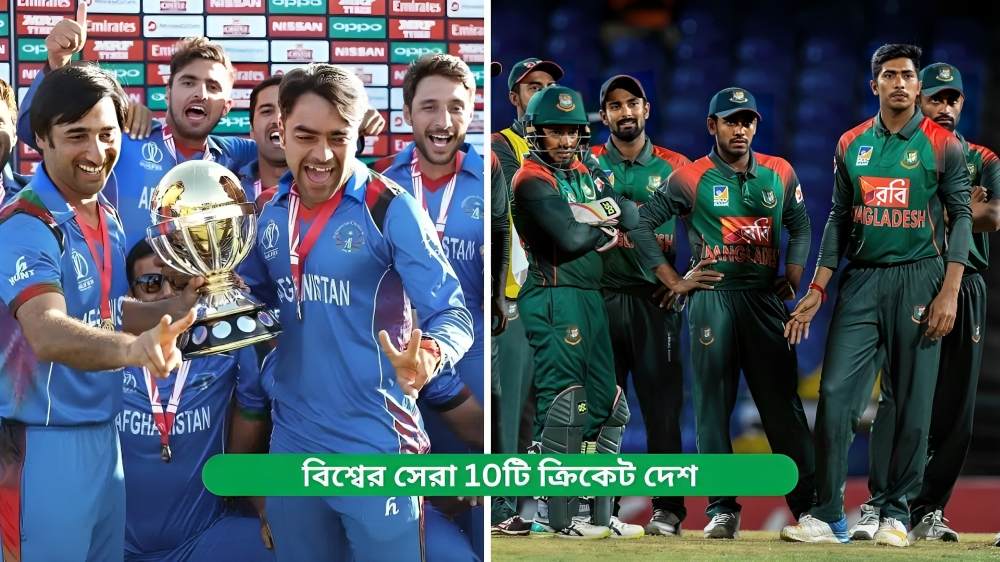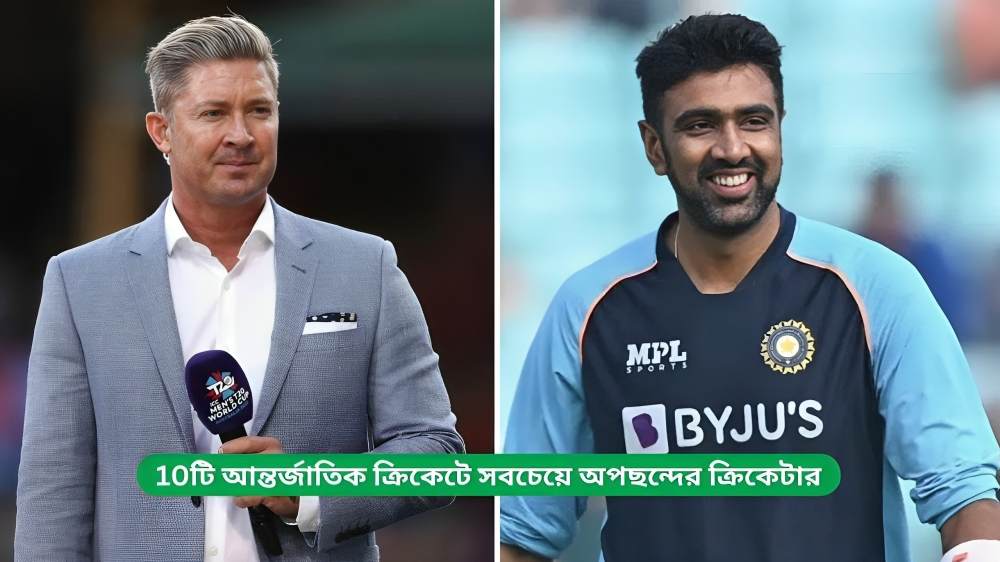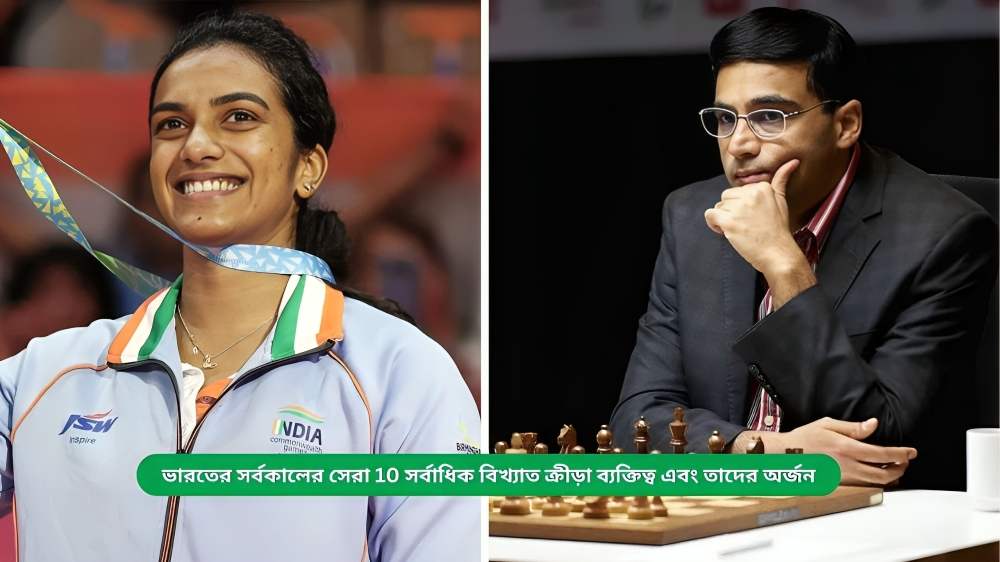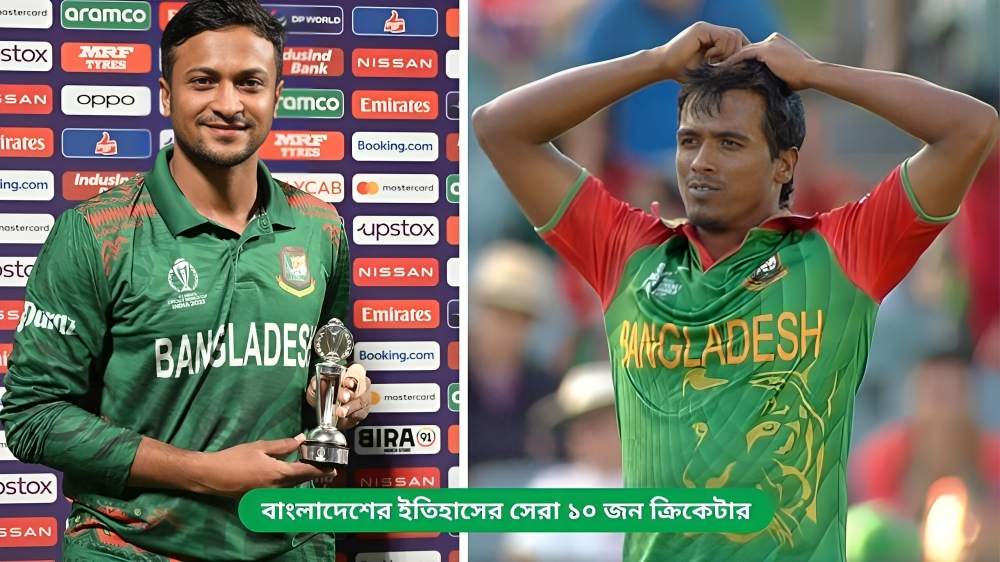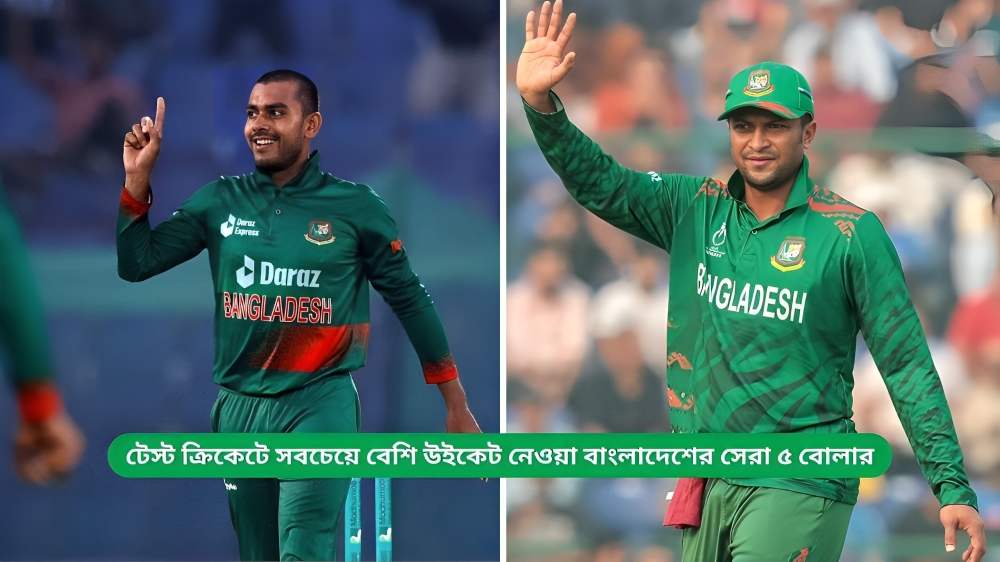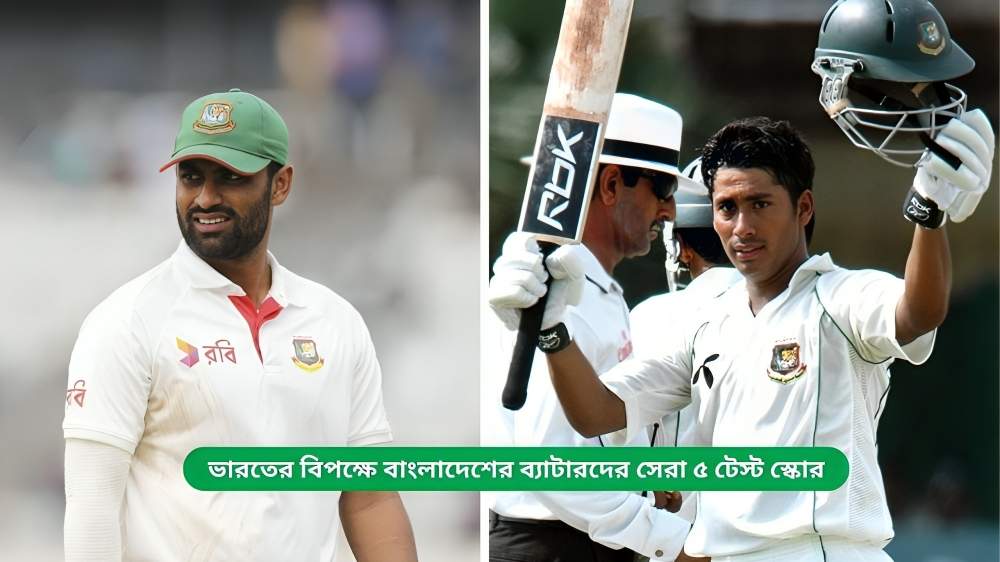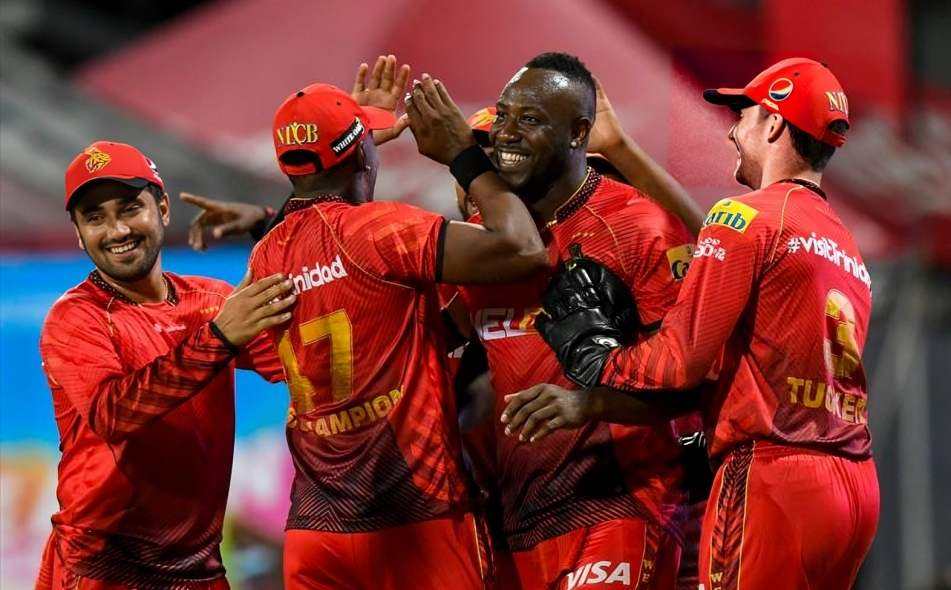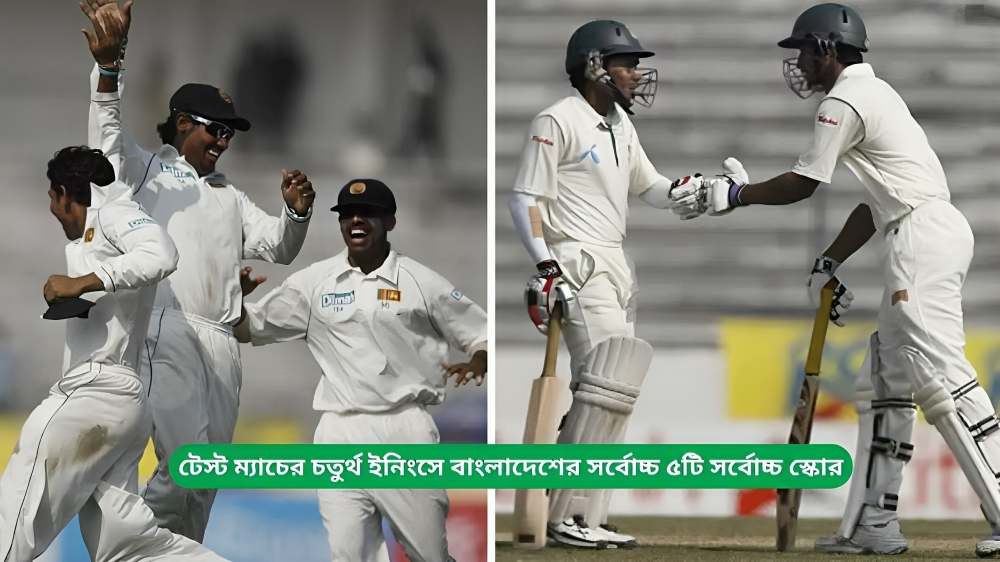Cricketers often become fluent in English through a combination of formal education, regular communication with teammates and coaches, media interactions, and international exposure. Many players practice English during their travels and in professional settings, improving their language skills through constant use.
International Exposure:

International exposure plays a significant role in cricketers becoming fluent in English. Many players engage in international leagues or are featured in global media, where English is often the primary language. This exposure helps them develop fluency in both casual and professional settings over time.
Education:

In countries like India, Pakistan, Australia, and England, English is widely spoken and taught in schools. Cricketers from these nations often grow up learning English as part of their education, which aids in speaking the language fluently.
Media Interaction:
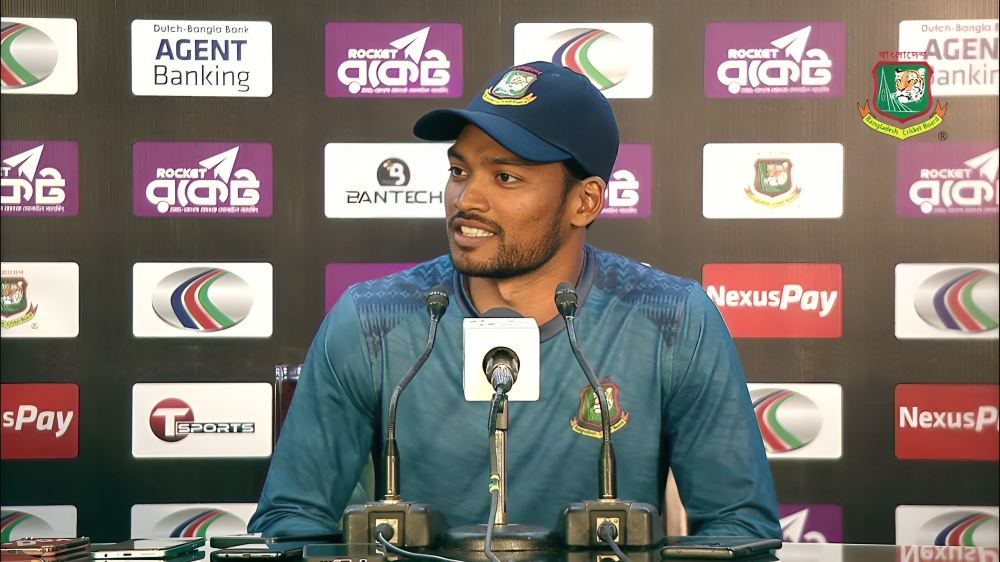
Cricketers interact with the media regularly, which helps them hone their English skills. As a global sport, English is the common language for press conferences, interviews, and commentary. This constant exposure to English media improves their fluency, making it essential for effective communication with fans and reporters.
Cultural Influence:
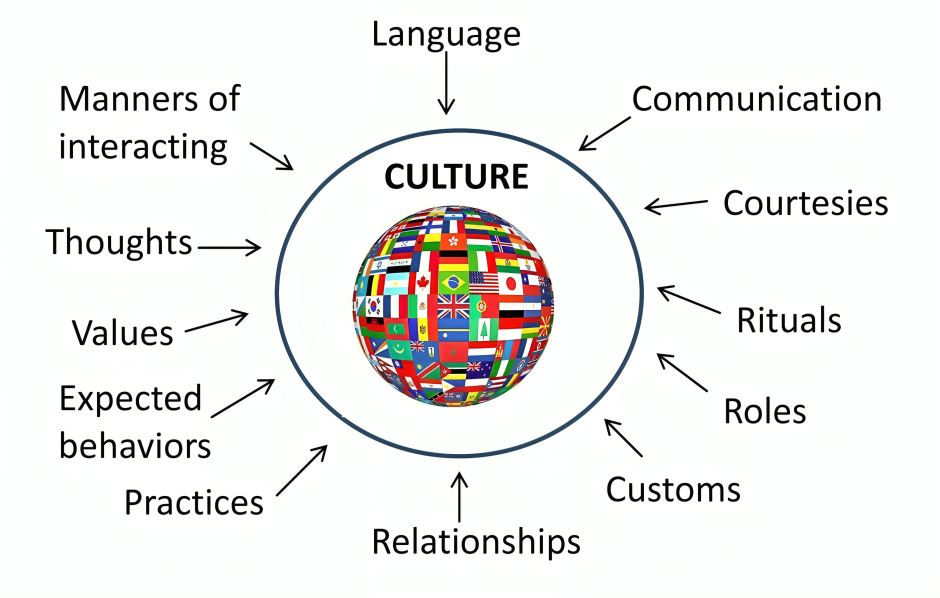
Cultural influence plays a significant role in cricketers speaking fluent English. As the language of cricket commentary, literature, and international communication, players often learn it to stay connected with the sport’s global culture and broaden their career opportunities.
Coaching and Team Communication:
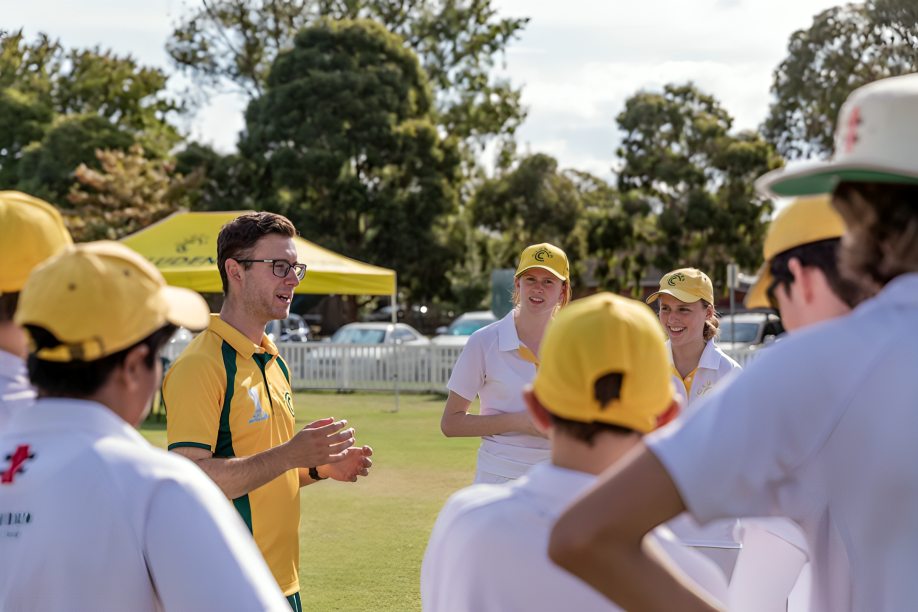
Coaching and team communication play a crucial role in cricketers’ English proficiency. In international cricket, English serves as a universal language, particularly in global tournaments like the IPL and the World Cup, where players from diverse countries collaborate, making English a vital skill for effective communication both on and off the field.


